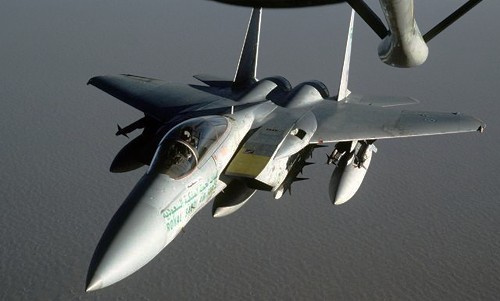SHARM EL-SHEIKH, Egypt: Orascom Chairman and Chief Executive Officer Naguib Sawiris have made no secret of his political views. He fears the rise of religious political movements such as the Muslim Brotherhood and believes the government should work with others to resist this tendency.
I think the government is making a mistake by trying to combat this trend on its own, Sawiris tells The Daily Star Egypt on the sidelines of the World Economic Forum on the Middle East. They should reach [out] to the liberal, secular, free Egyptians and try to align themselves with them and try to combat this tendency with them and not alone.
Nevertheless, Sawiris does not believe the recent protests in Cairo will have a negative impact on business. On the contrary, they are a good sign of the democratic process really moving, says Sawiris. Because if you don t have this, then you don t have a real democracy. It means everybody s suppressed. So the fact that we are having these demonstrations and the judges [are] taking their stand is very good for Egypt.
He likewise has few concerns that religious parties will weaken developments on the economic front. They re not going to be an obstacle to economic progress, says Sawiris, but they will be an obstacle to the quality of life, to the principles of democracy and freedom, secularism and separation of religion and the state.
Subsequent to last year s parliamentary elections, in which the Muslim Brotherhood made substantial gains, Sawiris has advocated the creation of a secular party by businessmen.
I have an ambition to join such a party, and I think it s moving, says Sawiris. I m hearing about at least one or two parties that are coming into the scene now and I know at least one of them is moving in the right direction.
He has also said on previous occasions that he would not accept a cabinet post because he would not join the ruling National Democratic Party. It is not only their policy, says Sawiris, it s there heritage, and it’s where they come from. This party is a continuation of the old socialist party and they inherited this through the ages.
A new guard of politicians led by the ruling party s Policy Secretariat Head Gamal Mubarak has risen in recent years. There are [still] a lot of members of this party [that] are members of the past, says Sawiris. They do not reflect my views on private economy, private sector, privatization, liberty and democracy. They are just people from the past. So the fact that there is a new faction with younger reformists is ok, but I d rather go to a party that does not need reform. Sawiris also spoke briefly about his business strategy. Orascom acquired 19.3 percent of the Hong-Kong based Hutchison Telecommunications International last year. It is in the process of acquiring another 3.7 percent of Hutchison and Sawiris has made it clear in previous statements to the press that he is keen to merge with Hutchison in the long-run.
In addition to savings on procurement, Sawiris believes the two companies can both benefit other respects.
The two companies are very similar in their strategy, says Sawiris. They go to large countries with low penetration; they try to excel in their market positioning. So combining these two companies will definitely result in a far bigger player, which will reflect in synergies. But the synergies are not only equipment; there are roaming issues, international traffic, there are even management experiences that could be exchanged.
Despite the substantial potential for new subscribers in emerging markets, where Orascom has made several acquisitions in the past, those subscribers typically spend much less than existing customers.
Emerging markets have lower revenues, says Sawiris, but their cost structure is much lower too. So we are able to reduce our cost structure by 40 to 50 percent for new subscribers. So even if their revenues are declining by 25 percent, our margins are stable or even increased.
Orascom also has a majority stake in Wind, an Italian mobile operator.
Europe is a different game, says Sawiris. We would like to go to Europe into an asset that could use our management skills and the value we bring.

